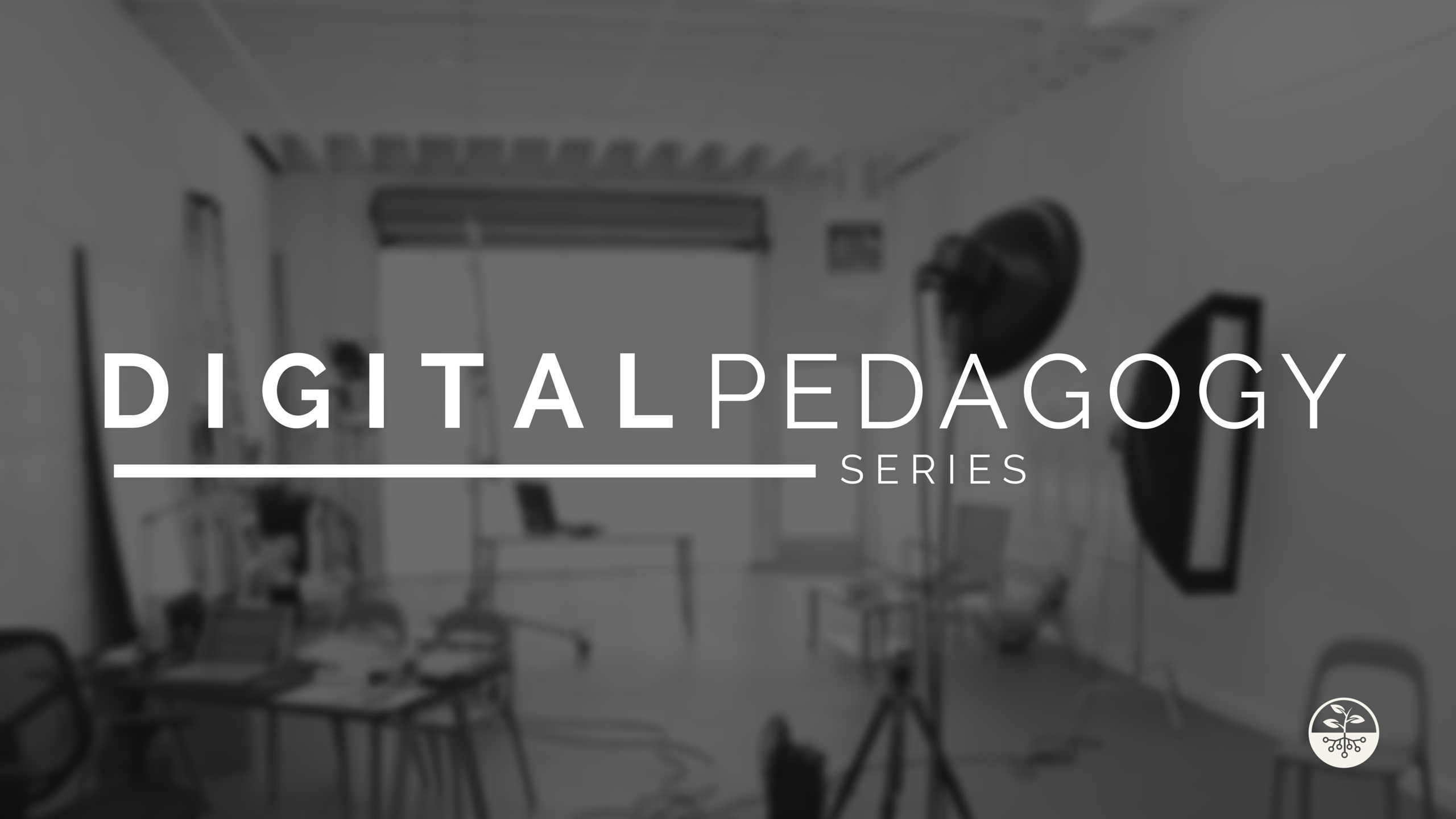This post is kicking off a monthly series where we’ll discuss how TechChange uses digital pedagogy for its platform and learning model and explore how the #edtech industry is being disrupted as a whole. Join the conversation on Twitter using the hashtag #digpedseries and with @techchange and @normanshamas.
As someone whose job title includes the word pedagogy, but doesn’t work in academia, I find myself often explaining what it means. This isn’t to say that people don’t know about it or aren’t thinking about how to teach, but the different terms used to refer to teaching and people who teach act as barriers to sharing knowledge. My passion lies in teaching, whether I’m called a teacher, instructor, trainer, facilitator, organizer, or any other term. This series is my way of helping bridge these conversations to so we can further improve education online.
Many people can appreciate or see the effects of good pedagogies. For example, learners might be engaged and retain content better. Course activities may be designed in a way to develop critical thinking skills that go beyond the content. Or quite simply, the course may just make learning more fun. In this post and throughout the series, we’ll be covering different types of pedagogy and learning models and how they affect the ever-evolving online education space.
So, what IS pedagogy?
Pedagogy is the philosophy behind and practice of creating a learning environment. It informs the structure of the course and how outcomes are evaluated. To put it simply, it’s the “why” and “how” of learning.
At its core, pedagogy is an intentionality towards learning and instruction. It is a recognition that course design matters just as much, if not more, than content.
In online education, pedagogy is trying to provide access to great educational experiences and environments instead of just access to educational content.
What about pedagogy and online education?
Here at TechChange, we’re building off the experience and research of in-person and blended learning. We work to contribute to the conversation by analyzing how online tools and environments can be used in a learning environment and push the boundaries by trying to bring what works in highly interactive in-person courses to an entirely online environment.
We treat our participants not as passive students to be lectured to, but active participants in defining the course curriculum and sharing information. Students sharing their own knowledge and work becomes an important source of knowledge and we work towards creating a flipped classroom by the end of the course.
Academics have started to look more closely at how online social tools can be used in education. Rhizomatic learning, the idea that the ‘community is the curriculum,’ has emerged as one of the conversations around critical pedagogy online. While rhizomatic learning has embraced how the internet and online social networks can be used for learning inside of a classroom, few people are thinking about how it can improve learning outside of academia and traditional learning models, such as the one TechChange has created. Additionally, journals such as Hybrid Pedagogy are using new social technology to advance digital conversations on and provide trainings around digital pedagogy.
As a company, TechChange exists at this exciting intersection of digital pedagogy and technology. We are working to create the best online software for high quality educational experiences with elements of pedagogy built into the platform, and we’re excited to see what the future holds.
Last Friday marked the beginning of a new series of conversations around online pedagogy here at TechChange. Each month we will be talking about a new aspect of pedagogy and how it applies to online education, then sharing those insights through our blog and on Medium. Follow along with us and send any ideas you have for topics you’d like to see us cover to info@techchange.org.
We hope you’ll join this conversation by sharing your thoughts with us on Twitter using the hashtag #digpedseries and interacting with us at @techchange and @normanshamas.




